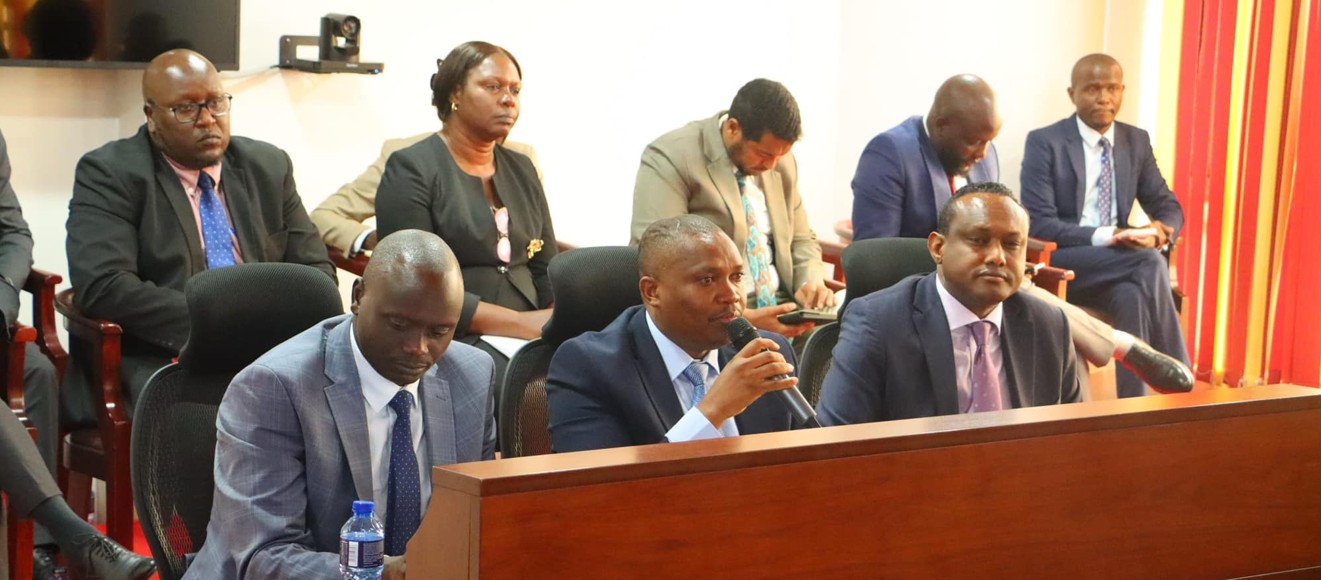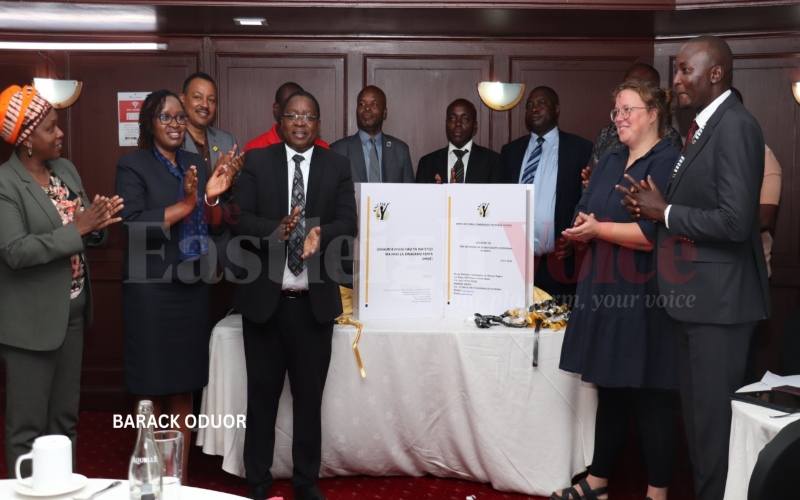National Assembly approves Bill unlocking Sh67.7 billion for counties

Under the new law, counties will receive Sh9.98 billion in conditional allocations from the national government and Sh57.7 billion from development partners.
The National Assembly has approved a Bill clearing the way for counties to access Sh9.98 billion from the national government and Sh57.7 billion from development partners, aimed at supporting priority projects in healthcare, housing and county-level industrial parks.
The County Governments Additional Allocations (No. 2) Bill seeks to strengthen devolution by providing targeted resources for programmes that directly impact local communities.
More To Read
- Counties face tightened oversight as Controller of Budget gains access to bank accounts
- Governors warn of service paralysis as e-procurement dispute deepens
- Senate moves to define deputy governors’ roles to end county power struggles
- Counties accuse Treasury of over-control, blame e-procurement for slow services
- Nyakang'o flags huge financial risk as counties operate thousands of unauthorised accounts
- Bill proposes 10-year audits to hold governors accountable after leaving office
“The Bill, sponsored by the Senate and processed by the National Assembly’s Budget and Appropriations Committee, seeks to strengthen devolution by providing counties with targeted resources to support priority programmes in healthcare, housing, industrialisation, and infrastructure,” Parliament said in a statement on Tuesday.
Under the new law, counties will receive Sh9.98 billion in conditional allocations from the national government and Sh57.7 billion from development partners. The allocations will address key areas such as doctors’ salary arrears, the Community Health Promoters programme and the construction of new county headquarters.
Counties including Kajiado, Kericho, Kitui, Laikipia, Marsabit, Nyeri and Vihiga will each receive Sh250 million to develop aggregation and industrial parks. Other counties, including Isiolo, Lamu, Nyandarua, Tana River and Tharaka Nithi, will benefit from funding to build new county headquarters.
Parliament also adopted a new schedule allowing counties to access loans and grants from international partners. These funds will support major projects such as the Food Systems Resilience Project, the Kenya Urban Support Project, the Drought Resilience Programme in Northern Kenya, the Kenya Water, Sanitation and Hygiene Programme and the Kenya Informal Settlements Improvement Project.
Kiharu MP Ndindi Nyoro said the passage of the Bill demonstrates Parliament’s commitment to strengthening devolution.
“This legislation ensures that counties are not only adequately resourced but are also empowered to deliver programmes that directly touch on the lives of ordinary citizens, from healthcare to affordable housing and climate resilience,” he said.
However, governors have raised concerns that a parallel government initiative is undermining county operations. During the 28th Ordinary Session of the Intergovernmental Budget and Economic Council (IBEC) in Nairobi, Council of Governors (CoG) Chair Ahmed Abdullahi said the rollout of the electronic procurement system (e-GP) has disrupted service delivery.
“The transition to the new system was rushed and poorly planned. Counties have struggled to integrate it with existing financial tools, leading to delays in salary payments and the procurement of essential supplies,” Ahmed said.
He added that some hospitals have gone without medicines, while garbage collection in several towns may stall because fuel suppliers might cut off counties that could not pay on time. Mistakes in the Integrated Financial Management Information System (IFMIS), which works alongside e-GP, had left some counties unable to pay workers.
“This quarter has been disastrous. We have not been able to spend money at all on account of the challenges that we’ve had,” Ahmed said during a meeting attended by Deputy President Kithure Kindiki.
Governors stressed that while they support automation, the current system has slowed down rather than improved efficiency. They warned that unless the rollout is reviewed, counties will continue to face unnecessary hardships affecting both service delivery and development.
The Bill will now proceed to the President for assent.
Top Stories Today











































